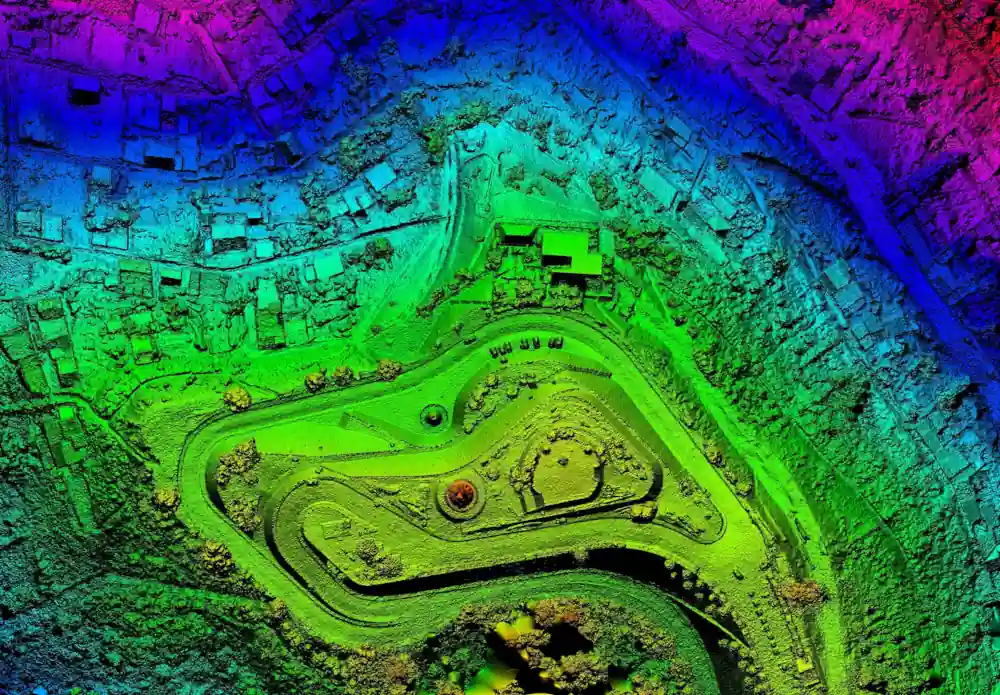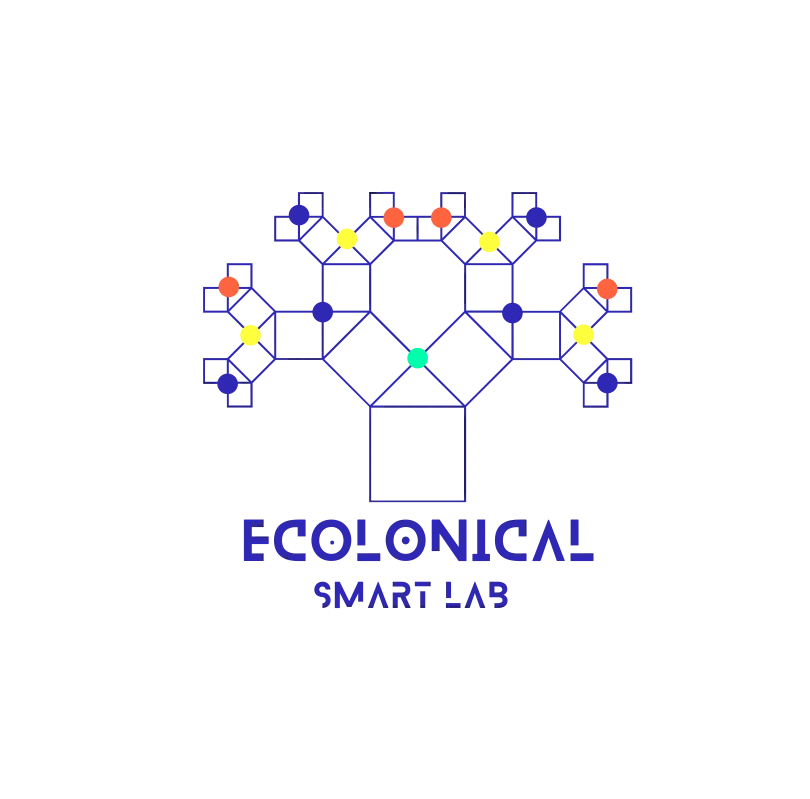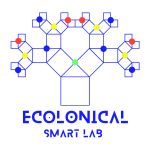we are Ecolonical LAB
About Us - Research Program
Barranquilla
Saint-Herblain

Research Program
We Are Contributing To biodiversity, Ecology, Energy, Urban Systems & Water Data Analytics
Ecolonical Lab is dedicated to pioneering research at the intersection of biodiversity, ecology, energy, urban systems, and water through the lens of data analytics. Our comprehensive program aims to address critical environmental challenges by harnessing the power of data to drive innovation, inform policy, and foster sustainable practices.
Program Objectives:
- To Advance Scientific Understanding: Enhance knowledge of ecological dynamics, energy systems, urban development, and water management through data-driven research.
- To Innovate in Sustainability Solutions: Develop and refine methods for utilizing data analytics to improve environmental outcomes and resource management.
- To Inform Policy and Decision Making: Provide robust data and analyses to guide policymakers, businesses, and communities in making informed, sustainable decisions.
Research Areas:
- biodiversity Data Analytics:
- Objective: Understand and preserve biodiversity through the analysis of species distribution, genetic variability, and ecosystem functions.
- Methodology: Use remote sensing, genetic sequencing, and ecological modeling to monitor and predict biodiversity changes.
- Impact: Inform conservation strategies, habitat restoration, and biodiversity policy.
- Ecology and Ecosystem Services:
- Objective: Explore the complex relationships within ecosystems and how they provide services essential to human well-being and economic activity.
- Methodology: Apply spatial analysis, time-series data, and ecological modeling to assess ecosystem health and services.
- Impact: Enhance ecosystem management and develop sustainable land-use practices.
- Energy Systems Analysis:
- Objective: Promote sustainable energy solutions by understanding consumption patterns, renewable energy potential, and optimization of energy systems.
- Methodology: Utilize big data analytics, machine learning, and simulation models to analyze energy data and forecast trends.
- Impact: Support the transition to renewable energy, improve energy efficiency, and reduce carbon emissions.
- Urban Systems & Sustainable Development:
- Objective: Create resilient and sustainable urban environments through the integration of sustainable practices in urban planning and management.
- Methodology: Employ urban informatics, geospatial analysis, and social-ecological systems approach to study urban dynamics.
- Impact: Inform urban design and policy, enhance quality of life, and ensure sustainable urban growth.
- Water Data Analytics:
- Objective: Ensure water security and quality through the advanced understanding of hydrological processes, water resource management, and pollution control.
- Methodology: Apply hydrological modeling, statistical analysis, and sensor technologies to water-related data.
- Impact: Improve water management strategies, pollution control, and sustainable usage of water resources.
Program Implementation:
- Collaborative Research: Engage with academic institutions, industry partners, and governmental organizations to foster interdisciplinary research and innovation.
- Capacity Building: Offer training and development programs to equip researchers, practitioners, and policymakers with the skills to utilize data analytics in environmental science.
- Data and Knowledge Dissemination: Publish data and findings in peer-reviewed journals, host conferences, and provide open access to data and tools to ensure broad impact and application of research results.

Review
A synthesis of the latest advances in data analytics applied to water quality.




